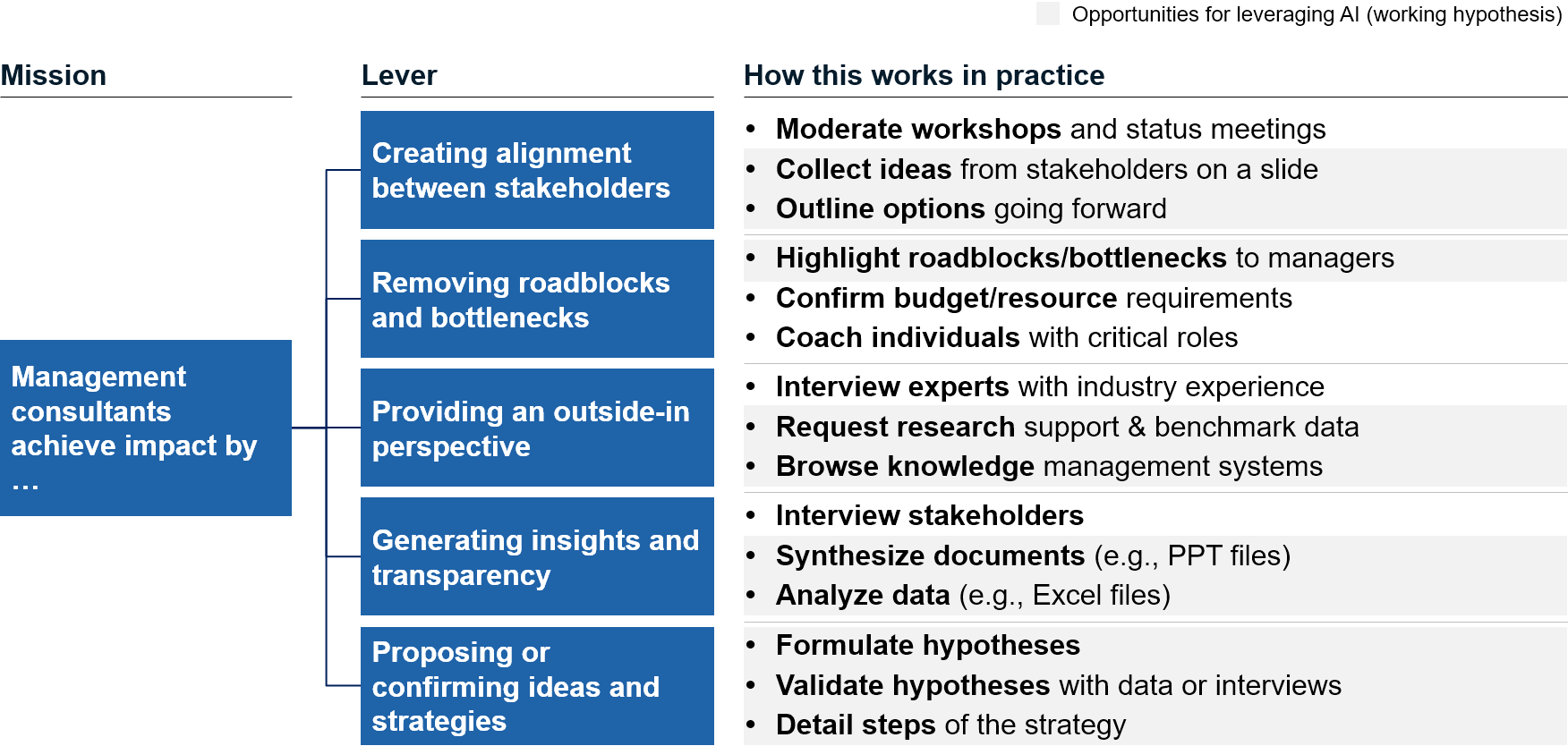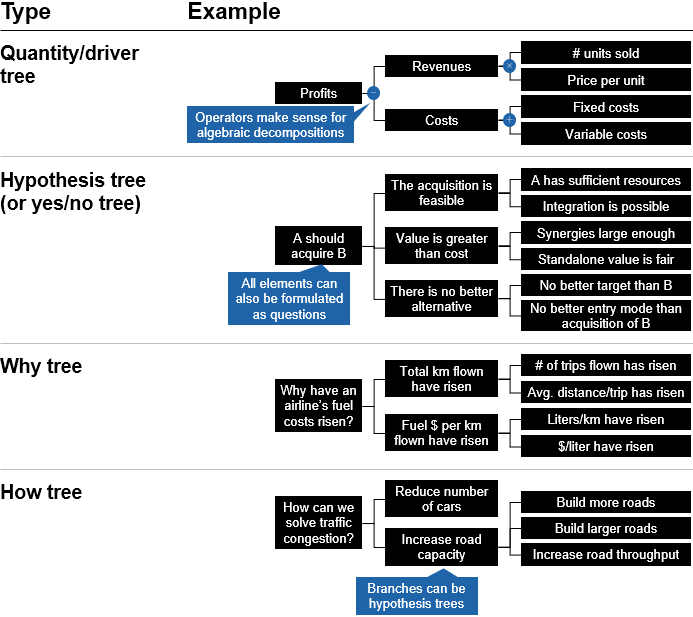Simon Malberg
M. Sc.
(external PhD student)

E-Mail: simon.malberg(AT)tum.de
Address: TUM - Fakultät für Informatik, Boltzmannstr. 3, 85748 Garching
Supervision of Theses
If you are looking for a thesis or guided research topic and are motivated to work on a project related to my research interests (see below), feel free to contact me via email. Please include the following in your email:
- Up-to-date curriculum vitae (CV)
- Up-to-date transcript of records
- First indication which aspects of my research interest you and why
- Optional: Your own ideas on how to extend my research or approach it differently
Please note the following: As an external PhD student, I typically only supervise a thesis or guided research if it is clearly related to my research focus. Please understand that I cannot offer a thesis to every interested student but will prioritize students that express a high potential to do excellent research and contribute to the field (e.g., high motivation, strong past academic performance, relevant knowledge and experience). If I agree to supervise you, I will do my very best to give you enough time for coaching and guidance, when needed, so that you can perform at your best.
Research Interests
My research focuses on properties of and methodologies for Large Language Models (LLMs) incl.:
- Prompting strategies (e.g., chain-of-thought, tree-of-thought)
- Explainable AI (XAI) techniques
- Truthfulness of LLMs
- Retrieval and traceability of relevant context/facts/sources (e.g., Augmented Language Models, ALMs)
- Reasoning and causality estimation
- Human-in-the-loop systems based on LLMs
Ultimately, my interests revolve around the application of machine learning (ML), particularly natural language processing (NLP) techniques, to address business and management problems. Drawing from my experience as a management consultant, I aim to explore how machine learning can be leveraged to identify improvement levers for businesses, formulate and test hypotheses for management decisions, and create a coherent and fact-backed recommendation suitable for senior executives.
The below illustration shows typical steps in a management consulting workflow that could be supported with ML and NLP:

The below breakdown offers another perspective on where and how ML could be leveraged in management consulting:

Example: Constructing Issue/Hypothesis Trees
I am working on an approach to construct issue and hypothesis trees for business questions using LLMs. Issue/hypothesis trees are a common management instrument to decompose a business question (e.g., “How should we set the price for product [X] to be competitive and profitable?”) or hypothesis (e.g., “Company [X] should enter market [Y] by partnering with [Z]”) into smaller pieces until they can ultimately be backed with known facts or validated through specific analyses.

Business questions are often fuzzy in nature. Machine learning may be valuable in addressing two challenges faced in practice:
- Large answer space: Business questions often have a near infinite number of possible answers. It is not immediately clear which ones are right or wrong. Being able to prioritize possible answers for further analyses early and reliably can save time and cost
- Overwhelming but insufficient fact base: Usually, an overwhelming amount of business data (e.g., process descriptions, financial statements, survey results) are available to a company. It is not always obvious what data is relevant to a specific business question. Being able to link a business question to available facts in a way that maximizes supporting evidence and minimizes conflicting evidence can improve the outcome of decisions and stakeholder buy-in
A methodology that supports managers and consultants in finding a convincing “story” for answering a business question leveraging numeric/structured data, qualitative insights, and common-sense knowledge can be very valuable to many businesses.
